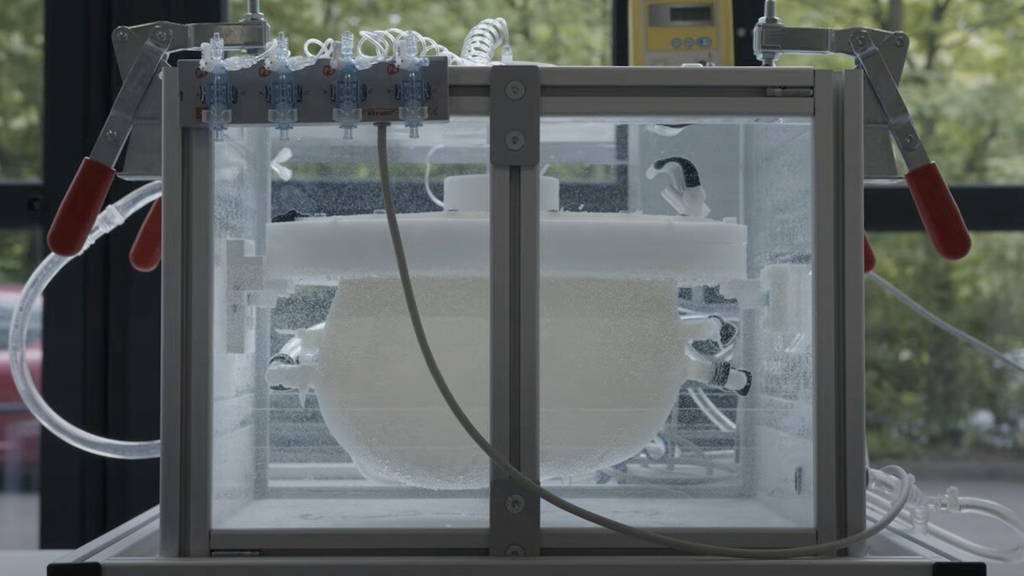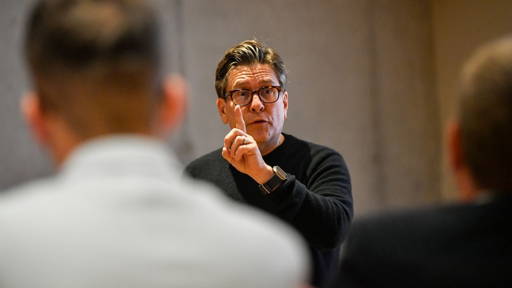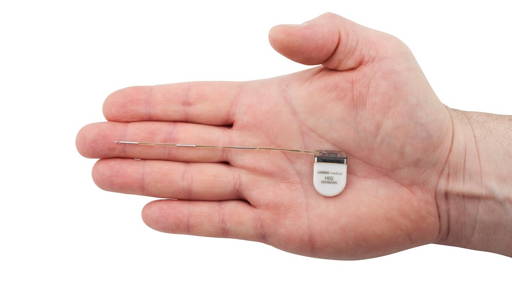The Dutch start-up AquaWomb was founded at Eindhoven University of Technology (TU/e) as part of the completed Horizon research project “Perinatal Life Support” (PLS). The company is developing an innovative water incubator that will enable extremely premature babies to continue developing in an environment filled with artificial amniotic fluid before they make the transition to breathing through their lungs.
The technology is initially aimed at use in neonatal intensive care units (NICUs). AquaWomb was founded by researchers Myrthe van der Ven and Guid Oei, together with business developer Marcel Quist and TU/e. While other PLS researchers are focusing on follow-up research within academia, this team is focusing on the practical implementation of the technology in clinical practice.
In the coming years, AquaWomb will work on the further development of the concept. The first phase consists of the further development of an advanced manikin, a realistic model of a baby at 24 weeks of pregnancy. This manikin is equipped with various sensors that measure vital functions, including heart rate, cerebral blood flow and temperature, and is linked to digital simulation models (digital twins). This allows the water incubator to be tested accurately without direct application to patients.
User-centric development process
In addition to technological development, AquaWomb is investing in extensive user research. Target groups include healthcare professionals in NICUs and obstetrics departments, as well as parents of premature babies. The manikin will also be used as a training tool and to prepare parents for the care of their child. For this purpose, special demonstration models are being developed and interviews are being conducted in various European countries where healthcare practices and regulations are similar.
As a young company, AquaWomb is committed to increasing its visibility in the medical sector. Thanks to the network of co-founder and gynaecologist Guid Oei, discussions are being held with hospitals in the Netherlands and abroad to identify needs and wishes regarding the water incubator.
There are already international initiatives in the field of water incubators, including in the United States, Australia and Spain. According to Van der Ven, AquaWomb distinguishes itself because the project was set up from the perspective of obstetrics rather than foetal surgery. Where other concepts are based on surgical procedures and airborne transmission, AquaWomb opts for a more natural approach: after a caesarean section, the baby is placed in the water incubator via a transfer bag filled with artificial amniotic fluid.
Acceleration through digital simulations
Thanks to the use of digital simulation models and the manikin, AquaWomb can carry out a large part of the development process without the use of animal testing. This not only speeds up the process, but also reduces the ethical and financial burden. Animal testing is only expected in the final validation phase, as part of the medical approval process. AquaWomb expects to operate on the basis of research and innovation grants in the coming years.
At the end of last year, Juliette van Haren obtained her PhD with a thesis on an alternative to current incubator care. She drew on insights from medical biology and industrial design. The new approach mimics the womb and thus offers premature babies potentially better development opportunities.









